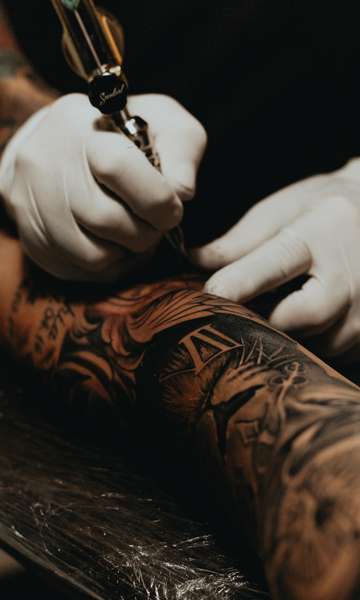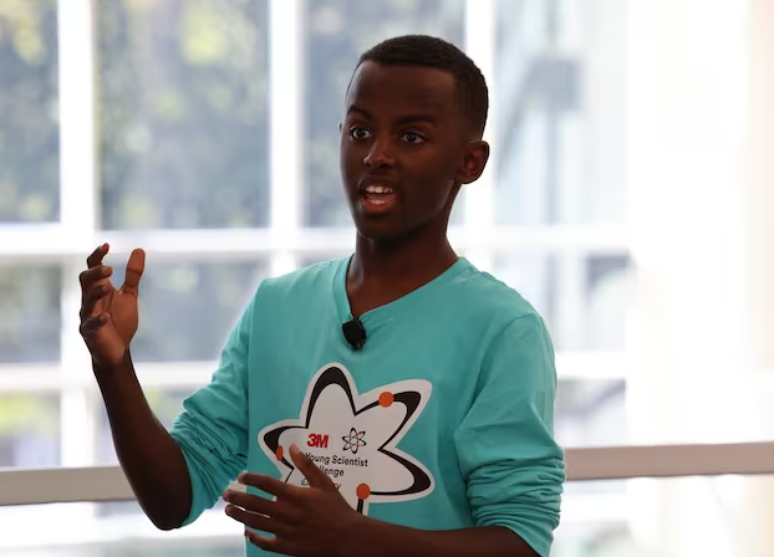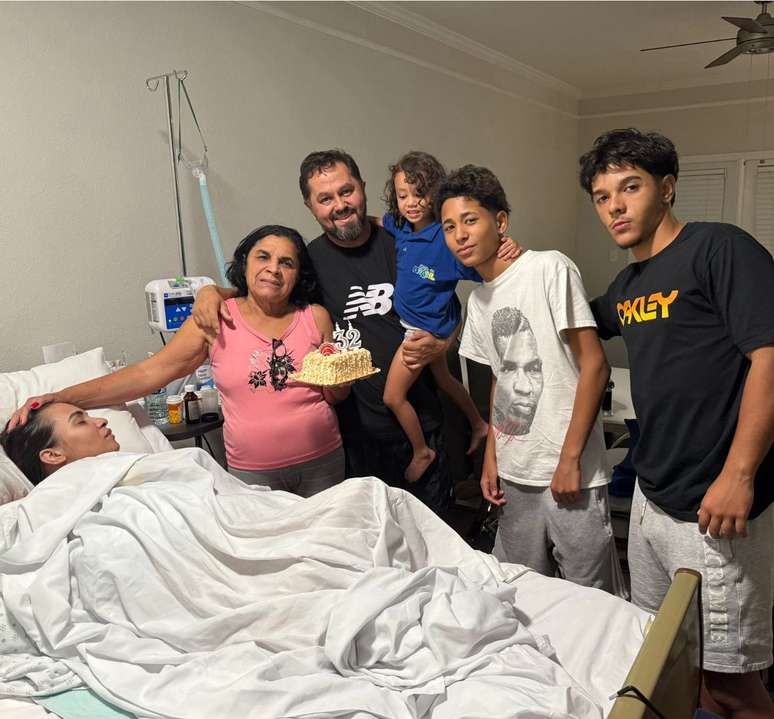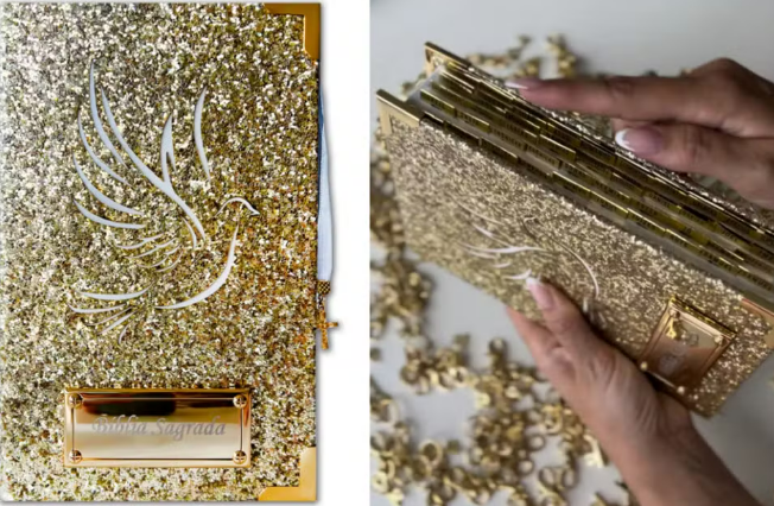American Heman Bekele has won a national competition for young scientists and the product could reach the market within 5 years
Have you ever imagined the possibility of curing skin cancer with the simple daily act of lathering up your body? A 14 year old boy did it.
The American Heman Bekele has developed the prototype of a soap that promises to fight this type of tumor. “Curing cancer, one bar of soap at a time,” he summed up the project in a national youth science competition, “America’s Top Young Scientist.” He emerged champion.
The idea came from an observation made years earlier. As a child, Heman lived in Ethiopia, where he remembers seeing many people working under the scorching sun, with excessive exposure to solar radiation.
This was the impetus for the creation of the soap with an estimated price of just $10 per bar, the equivalent of around R$50 at the current price. “I wanted my idea to be something that was not only scientifically effective, but also accessible to as many people as possible,” the boy told the Washington Post.
The first phase of the competition included a video presentation of the idea. In June you learned that you were among the ten finalists.
From there, each participant had the support of a mentor to develop and test a prototype. Heman’s mentor is product engineering major Deborah Isabelle.
Together, the two held virtual meetings for the boy to show his progress and receive advice. Months later, the prototype was ready.
“Skin Cancer Treating Soap (SCTS)” uses a compound that helps revive dendritic cells, which are killed by cancer cells. Therefore, they are able to fight cancer cells. “Skin cancer treatment soap reminds the body how to defend itself,” Isabelle points out.
So, in October this year, Heman presented the result of the prototype and won the competition, with the dream that his creation would be a “symbol of hope, accessibility and a world where skin cancer care be available to all.”
But there are still many steps to be taken before this wish can become reality. The project’s development plan will take five years to apply for approval from the Food and Drug Administration, a sort of National Health Surveillance Agency (Anvisa) in the United States.

Post tattoo care: what to do to keep the design alive
Source: Terra
Ben Stock is a lifestyle journalist and author at Gossipify. He writes about topics such as health, wellness, travel, food and home decor. He provides practical advice and inspiration to improve well-being, keeps readers up to date with latest lifestyle news and trends, known for his engaging writing style, in-depth analysis and unique perspectives.









